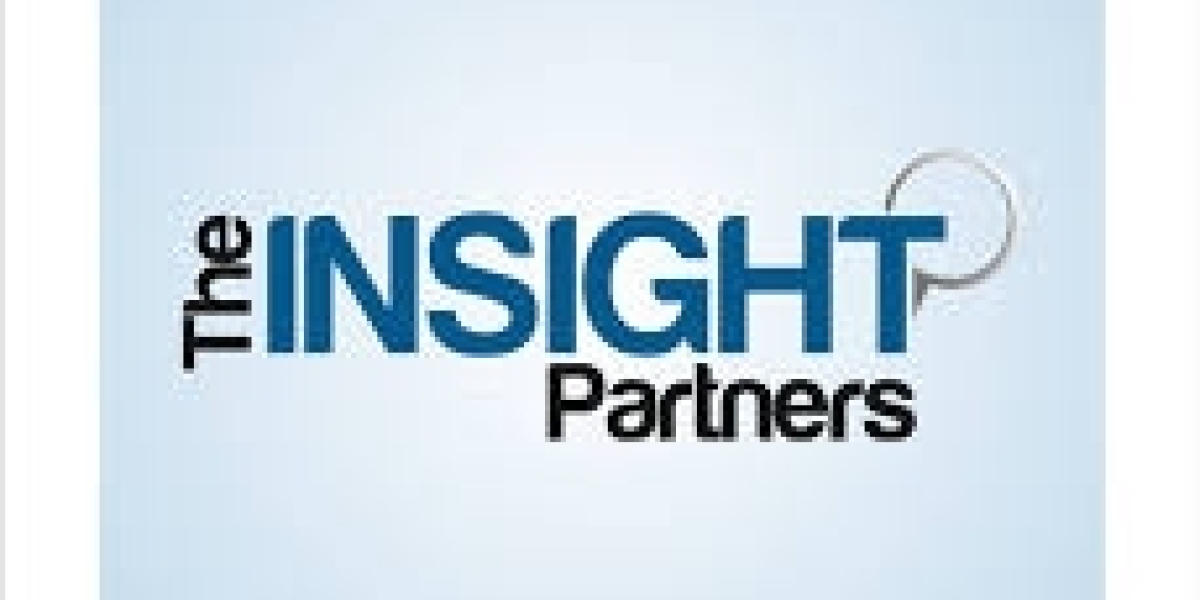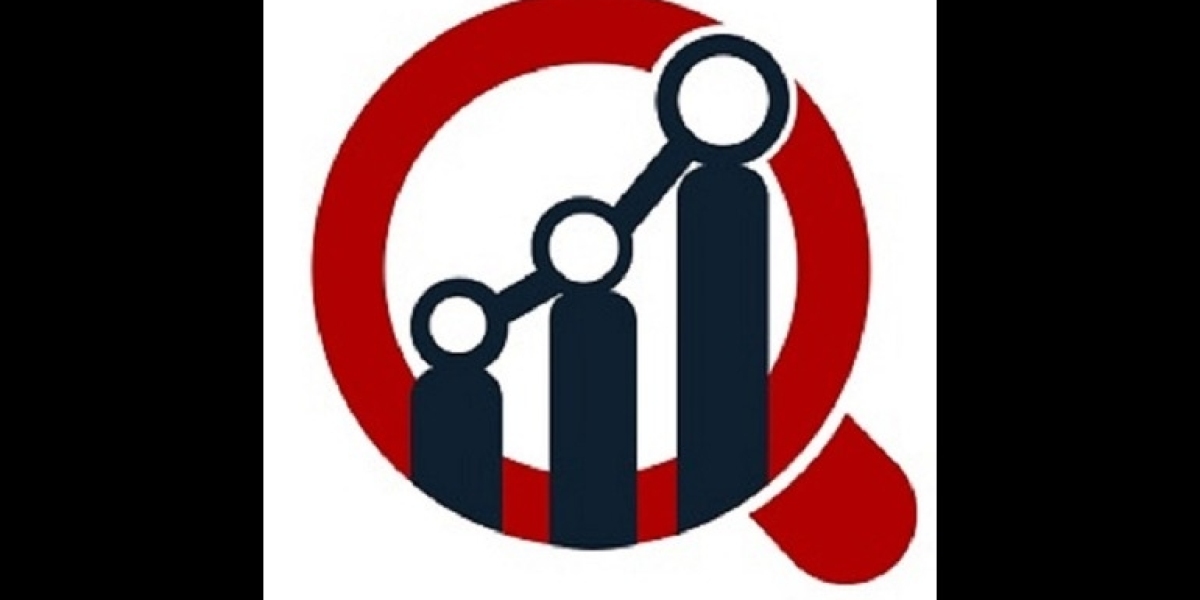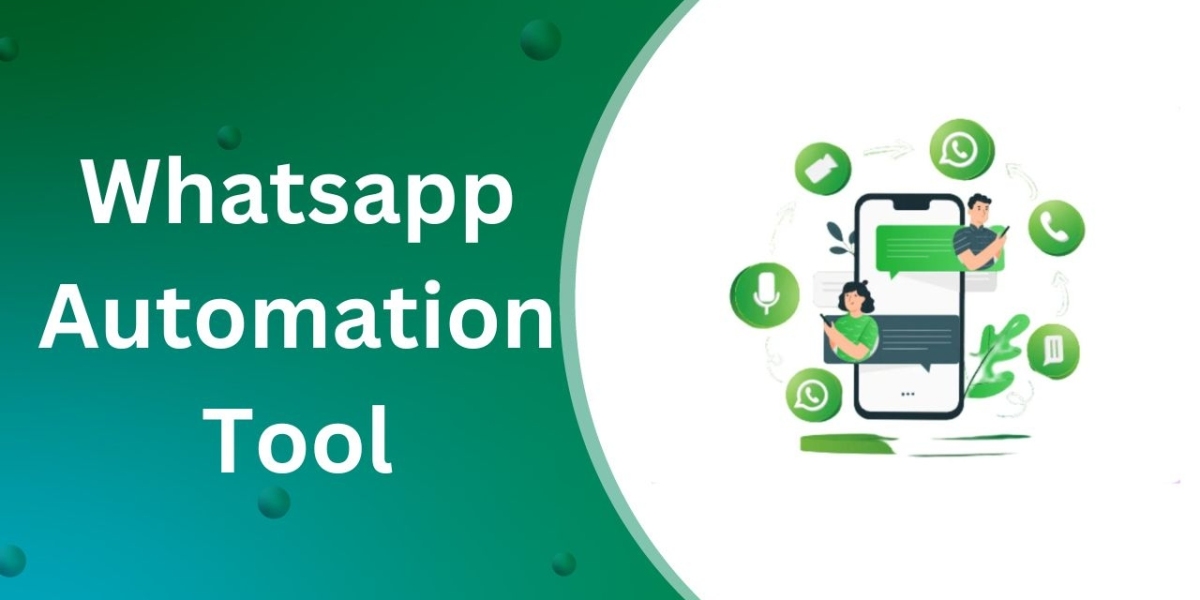In an era defined by complex global supply chains, economic volatility, and a relentless focus on efficiency, the Procurement Software Market has emerged as a critical enabler for businesses seeking to optimize their purchasing processes and unlock strategic value. No longer just about managing purchase orders, modern procurement software is a comprehensive suite of tools that empowers organizations to gain visibility, control, and intelligence across their entire spend lifecycle.
This impressive expansion is driven by several key factors:
- Digital Transformation Mandate: A staggering 78% of procurement leaders now prioritize digital transformation, viewing procurement software as foundational to modernizing operations and moving away from manual, error-prone processes.
- Complexity of Global Supply Chains: Businesses are navigating increasingly intricate networks of suppliers, regulations, and logistics. Procurement software provides a centralized platform to manage these complexities, assess supplier risk, and ensure compliance.
- Cost Optimization and Efficiency: In a competitive landscape, organizations are under constant pressure to reduce costs. Procurement software automates routine tasks, reduces manual errors by up to 30%, streamlines workflows, and offers real-time analytics to identify cost-saving opportunities and negotiate better deals.
- Rise of Cloud-Based Solutions: The demand for flexible, scalable, and accessible solutions has led to cloud-based deployment dominating the market, accounting for 61% of the share. Cloud platforms facilitate remote collaboration and enhance data accessibility.
- Integration of AI and Machine Learning: AI and ML are transforming procurement strategies by analyzing vast datasets (sometimes over 100,000 data points) to predict demand fluctuations, optimize supplier selection, and enhance risk management, leading to data-driven decision-making.
- Sustainability and ESG Focus: Procurement software is increasingly vital for achieving environmental, social, and governance (ESG) goals by enabling supplier traceability, real-time compliance tracking, and sustainable sourcing practices.
Key Applications and Competitive Landscape:
Procurement software encompasses a wide range of functionalities, including e-procurement, spend analysis (which holds a significant market share and is expected to grow at 10.6% CAGR), supplier management, contract lifecycle management, and invoice automation.
The market features prominent players such as SAP (including SAP Ariba), Coupa Software Inc., Oracle Corporation, GEP, Zycus Inc., Jaggaer, and IBM Corporation. These companies are continually innovating, offering integrated suites that cover the entire source-to-pay process and leveraging advanced technologies like AI and blockchain to enhance their offerings.
Future Outlook:
The future of the procurement software market is bright, with continued emphasis on intelligent automation, hyper-personalization, and deeper integration with other enterprise systems (like ERP). As businesses seek greater agility, resilience, and ethical sourcing in their supply chains, procurement software will remain a strategic imperative, evolving from a transactional tool to a powerful engine for competitive advantage.
Get Sample Report: https://www.theinsightpartners.com/sample/TIPRE00010837
Author's Bio:
Nilesh Shinde
Senior Market Research expert at The Insight Partners






